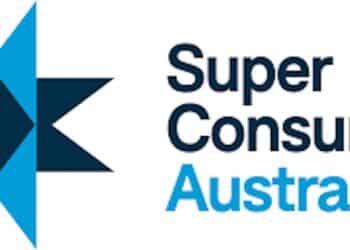Shelley Banton, head of technical at ASF Audits, said on the latest SMSF Adviser podcast that concentrating heavily on a single asset increases the importance of ensuring that the investment’s valuation – particularly when it is material – is accurate.
“That can cost several thousand dollars,” she said, referring to a full independent valuation, but added that there is no formal requirement to do so.
“There are now service providers who offer what I call hybrid reports, which is somewhere between a curb-side valuation and an independent valuation,” she said.
“[These reports] list a lot of information such as comparable rates and also look at what’s happening in the area, such as sales. The report is also actually looked at by a person, it’s not generated through an algorithm like we see with residential properties. [These hybrid reports] cost anything from $200 to around $800 and are more cost effective.”
Banton said these hybrid valuations provide an alternative avenue for trustees and are generally acceptable to auditors. However, she noted that questions remain over whether the ATO has formally endorsed trustees valuing their own assets.
“The ATO is still working on that particular question that’s been asked of them by the SMSF Association about whether trustees can value their own assets,” she said.
“I think the answer is it depends.
“If you’re buying an asset from a related party, like real property, we don’t want to see a relative or a member value that property. However, if you’ve got a hybrid valuation in year one and two, there has not been any market change in that property area, and if you can provide evidence like comparable sales which substantiate that, it is probably going to be okay.”
She cautioned, however, that eventually, trustees will need to commission a proper report.
“Auditors can’t go on for 10 years relying on the trustees getting comparable sales and not hard evidence. The auditor is the one taking the risk signing on that report,” she said.
Banton added that audit fees, which can be as low as $300 per fund, are often insufficient for complex audits covering large portfolios.
While some audits are simpler than others, Banton said auditors must ultimately be able to “put their hand on their heart and say that they’ve done a quality audit” and establish that the market values used are fair and reasonably stated.


